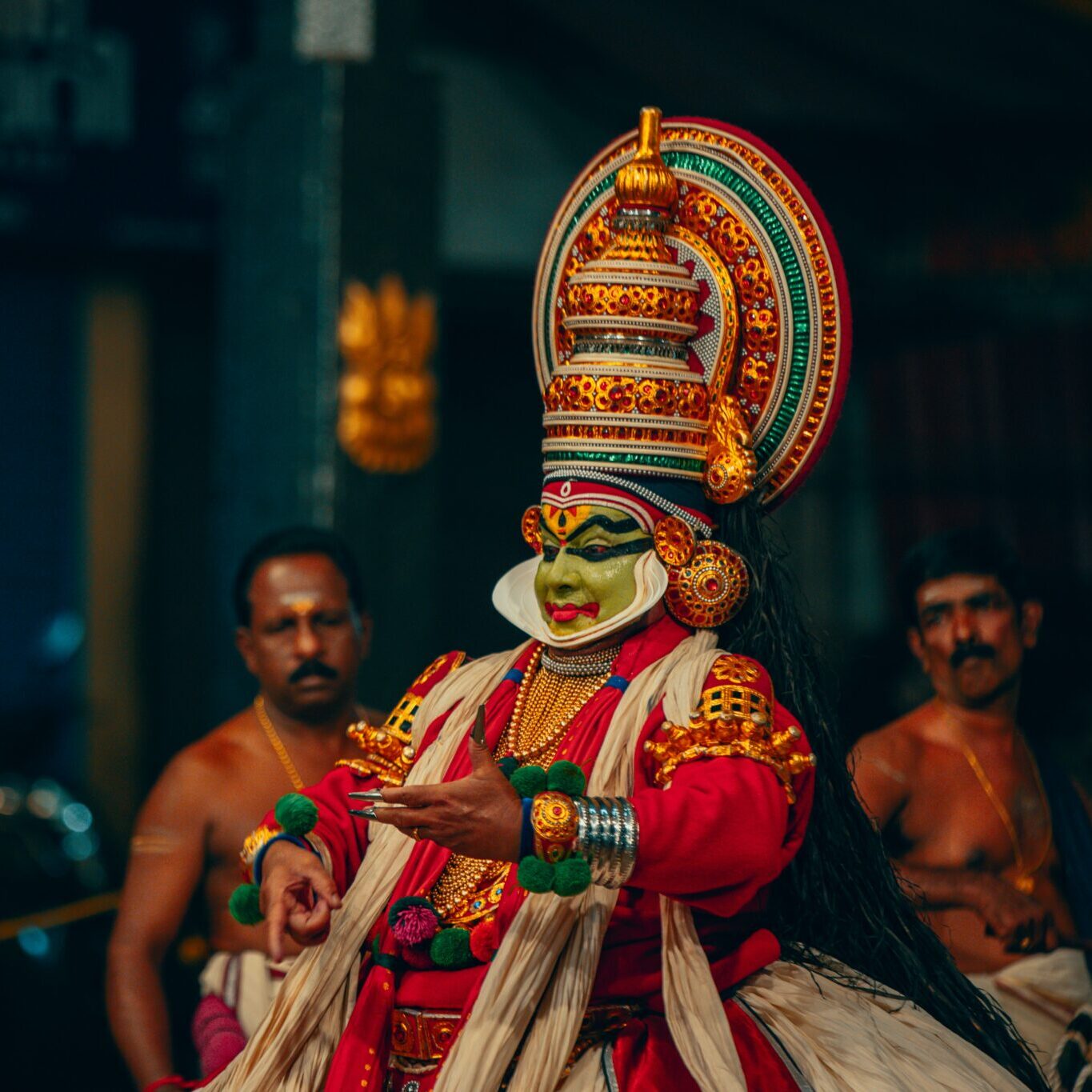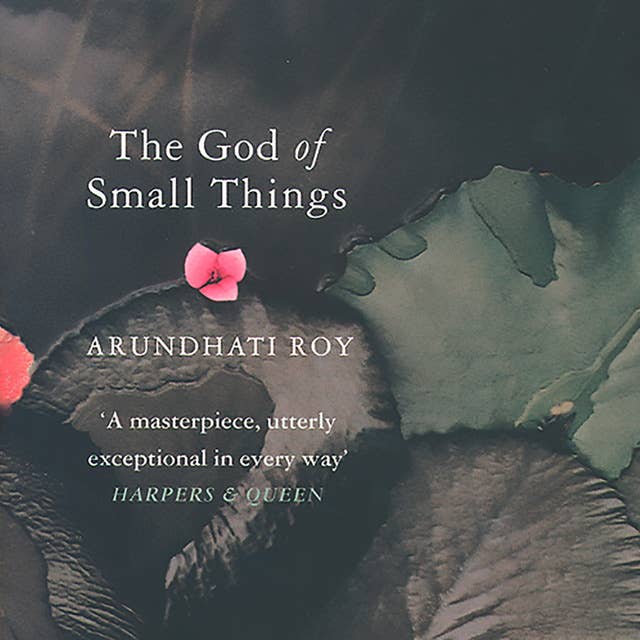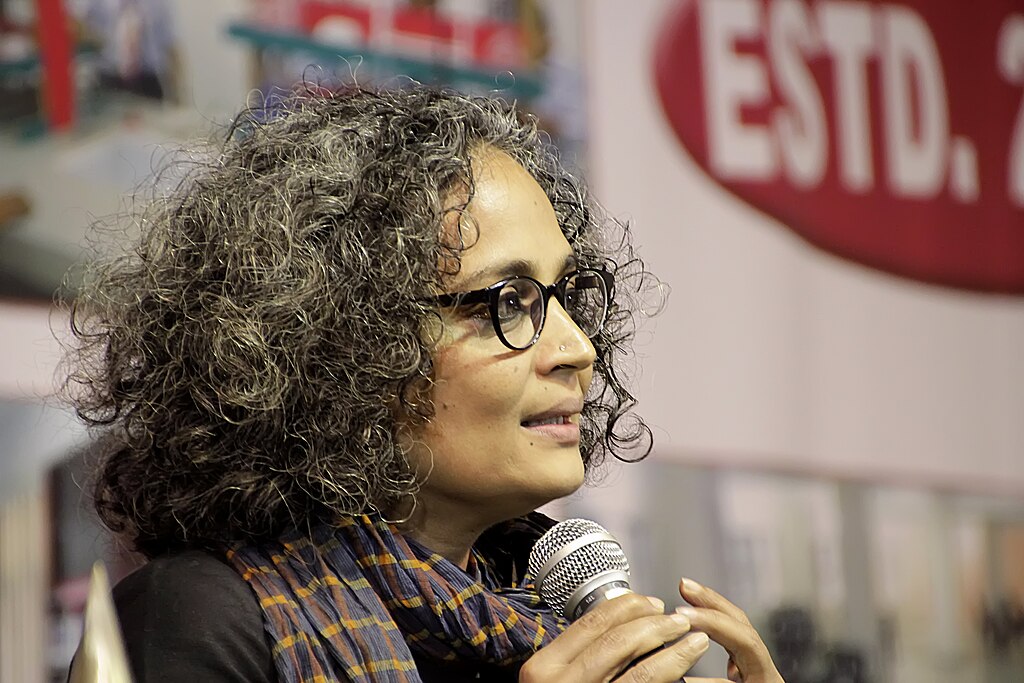Author: Arundhati Roy –
Publisher: Fourth Estate (Audiolibro) –
Genre: Fiction –
Overall rating: 5/5 –
Writing: 5/5 –
Duration: 12:26h (long) –
Narrator: Aysha Kala –
Narrator/performance: 5/5 –
Impressions: 5/5 –
Performance errors: 1/5 –
Complexity/reading level: 5/5 –
Audience: Adult
Commentary/review
The God of Small Things is an impressive piece of sublime literary art for a sophisticated reader. Fortunately, the audiobook is so brilliantly performed by Aysha Kala that the work becomes accessible to a larger audience, including the humble author of this post.
I decided to take the time and effort the book requires simply due to the fact that it received the Man Booker Prize. It was worth the time though. I was captivated from the first chapter and did not dare to lose a word, a thing so easy to happen with audiobooks, until the end. I read the book over one weekend and had no regrets.
The book is basically about unhappy childhoods in Kerala, India. The novel is written very poetically, in a modern, imaginative and erratic way. The story is classical, universal, sad, yet told in a way which allows a modern reader to reach enjoyment probably better known to our ancestors than to us, contemporary folk. The Author took so many artistic risks in this book it is quite unbelievable that she was able to pull it off with such success. She treads unknown paths and creates a breathtaking landscape. Interestingly, aware that a captured reader is far away at the beginning and very close to the subject at the end, the Author sketches large shapes and slogans at the beginning but finishes with a close study of minuscule insects. In the last chapters, the focus point from which the story is told is incredibly sharp and concentrated. I am happy the Author finished there and not with some kind of afterword from miles away.
I was puzzled about one thing: the main character. I am still not sure who was the main character, especially given that the book is said to be a semi-biography. If permitted my own interpretation, I would say that the center of this poetic story is some kind of law permeating all events, people and the Earth itself. Would that be the law of karma? Why would innocents suffer so then? Is that a kind of down payment and if so, for what? Where does this law reside? Who stirs it? Does a Kathakali dancer understand it?
A strong candidate for my (audio)Book of the Year 2024.
Please read some warnings before venturing into this piece. The book discusses physical and sexual abuse of adults and children, as well as death, solitude and the act of killing.
Well, the cover is dark, which is quite adequate but it is also not. My main impressions from the book were that it was rich and described the physical world a lot. It had a ring of a twisted, cruel children book, reminding of Brothers Grimm. This opens many interesting creative avenues. Why so abstract then? An artistic choice. Personally, I do not like the cover.
Cover Photo by Anantha Krishnan on Unsplash


